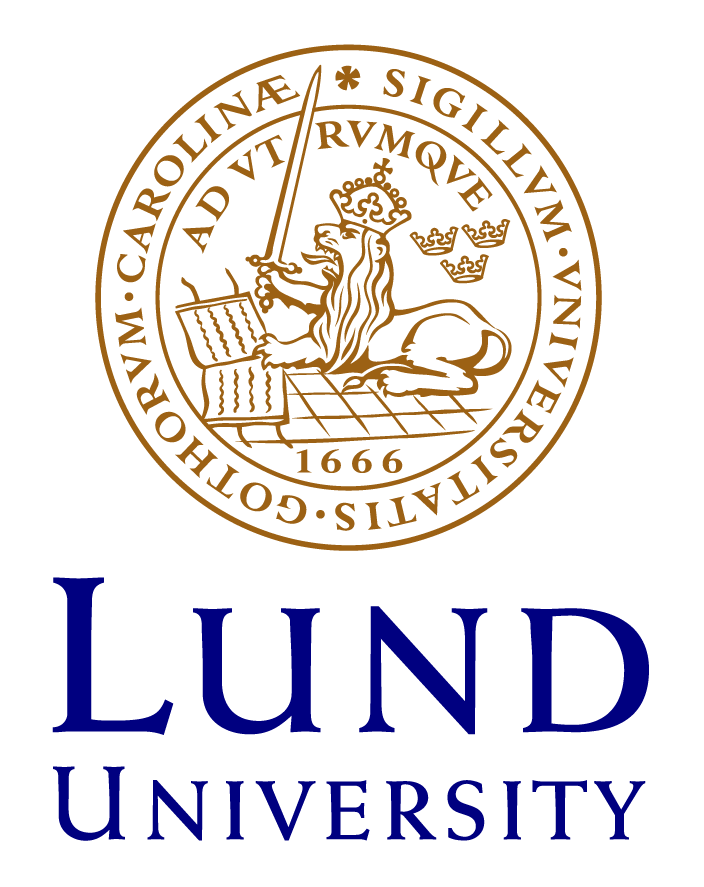


Process modelling: current perspectives, future visions
Prof. Costas Pantelides (Process Systems Enterprise Ltd., and Imperial College London, United Kingdom)
The process industries span a wide range of sectors including, among others, upstream oil & gas, chemicals & petrochemicals, pharmaceuticals, foods and consumer goods. Mathematical modelling has been playing an increasingly central role in all of these sectors, including some in which use of advanced modelling was very limited until a few years ago.
This presentation examines the main factors that have been driving the evolution of process modelling technology during the past decade. We consider three such drivers: (a) a significant widening of the system envelopes that need to be modelled, (b) a substantial increase in the degree of physical detail that needs to be incorporated in these models, and (c) the need for model re-usability across the process lifecycle. We also consider aspects and uses of modelling beyond “simple” system simulations, such as formal model validation, uncertainty quantification and surrogate model generation, and the impact of high-performance computing in making these calculations practically feasible
Biography
Costas Pantelides is currently the Managing Director of Process Systems Enterprise (PSE), a position he has held for the past 14 years. He is also a part-time professor of Chemical Engineering at Imperial College London.
Costas holds BSc and PhD degrees from Imperial College, and an MS degree from the Massachusetts Institute of Technology. He has been working in the area of process modelling technology for more than 3 decades, and has played a leading role in the development of the gPROMS and SPEEDUP software. A key focus of his current activities is the role that deep knowledge, captured and encoded in mathematical models, can play in the ongoing digital transformation of the process industries - and the architecture and design of general digital application platforms that can support this.
Costas’ contributions have been honoured by several awards including the 2007 Royal Academy of Engineering MacRobert Award, the UK’s most prestigious prize for engineering innovation, and the 2016 Sargent Medal of the UK Institution of Chemical Engineers. He is a Fellow of the Institution of Chemical Engineers and a Fellow of the Royal Academy of Engineering.